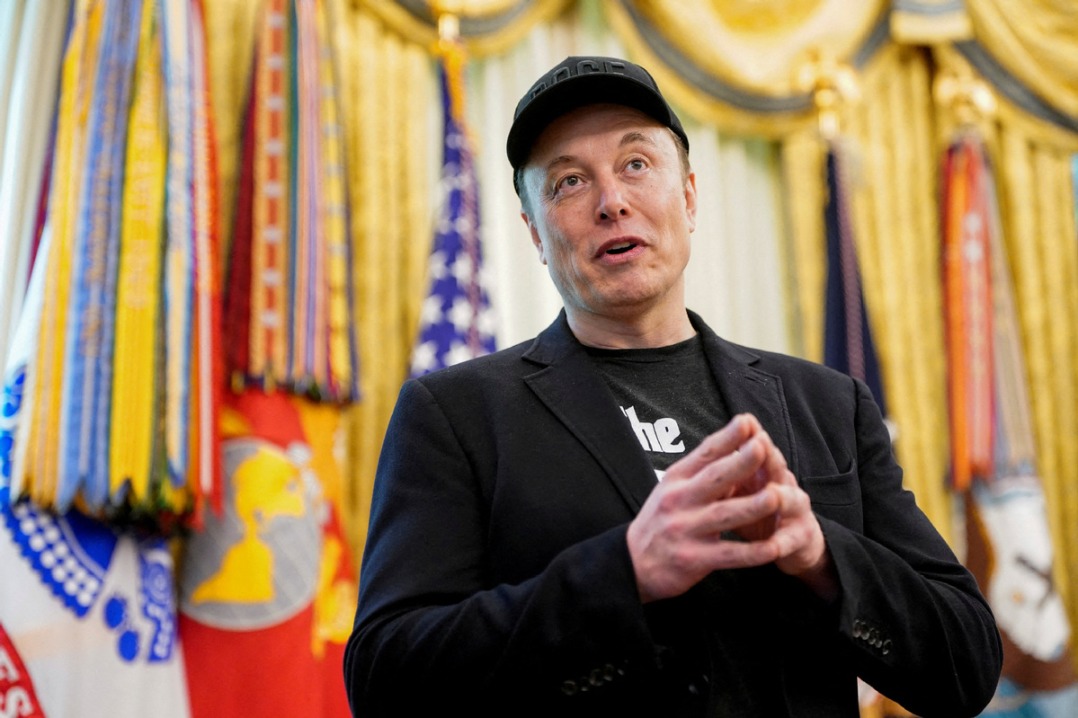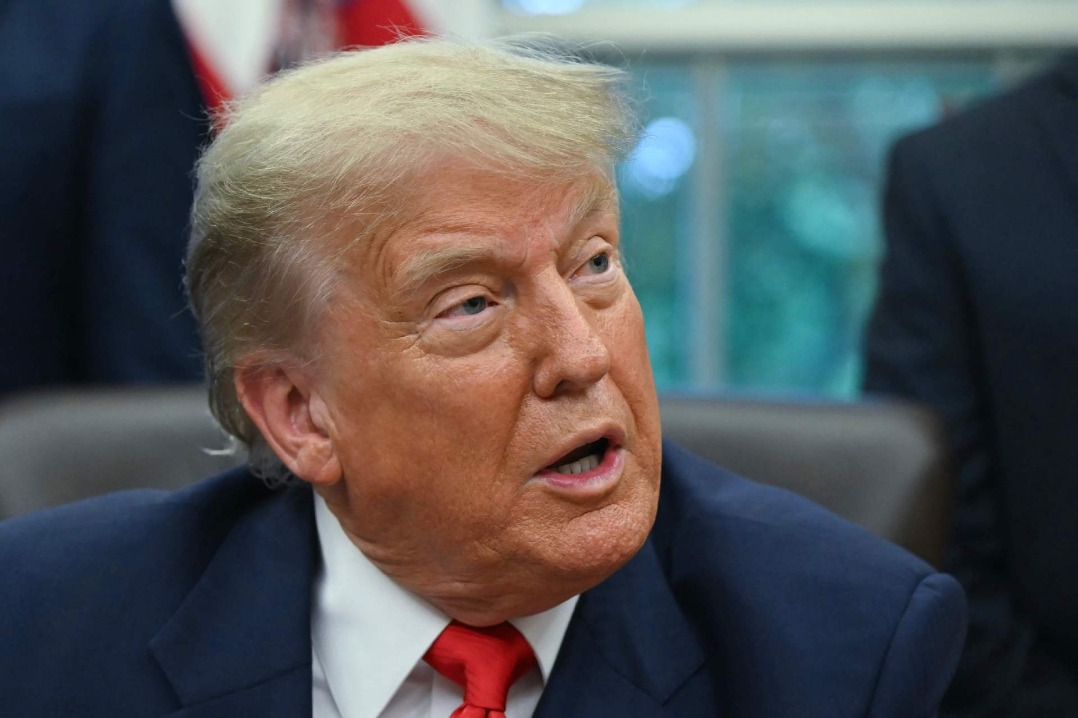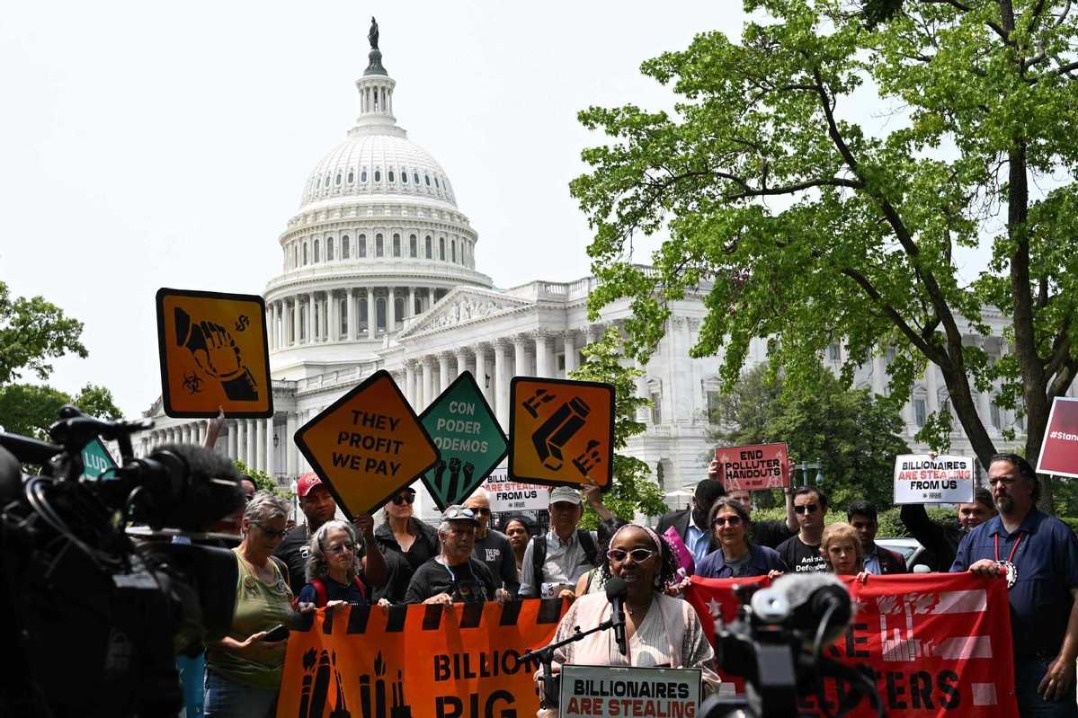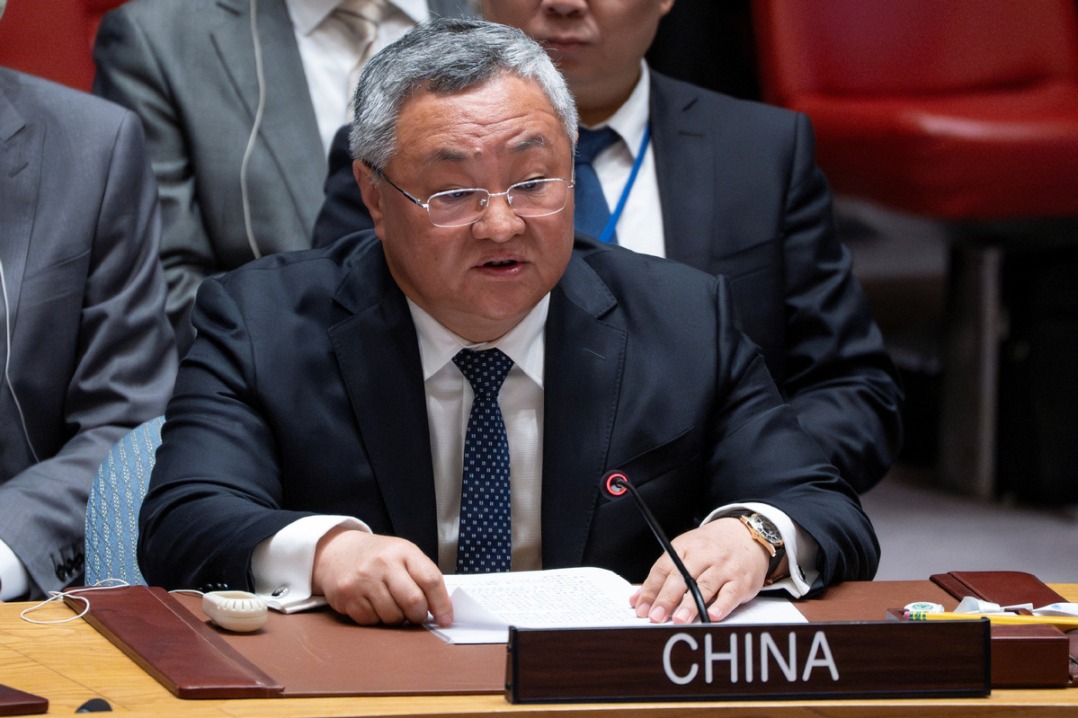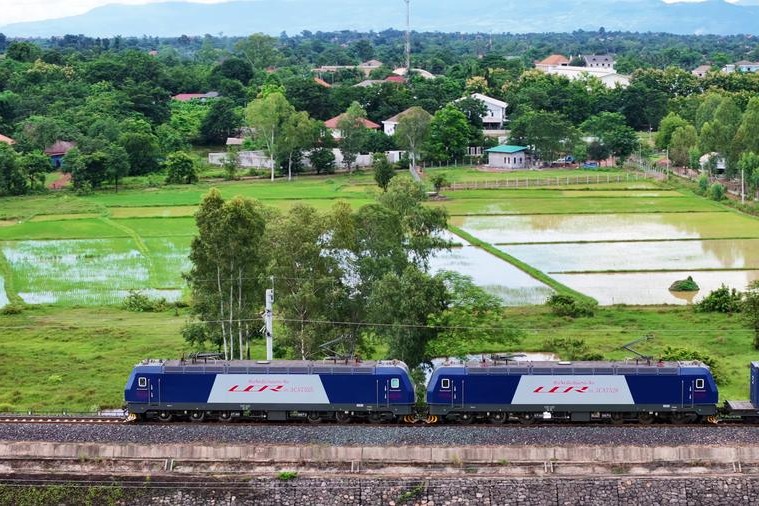More personal exchanges would boost Sino-US ties

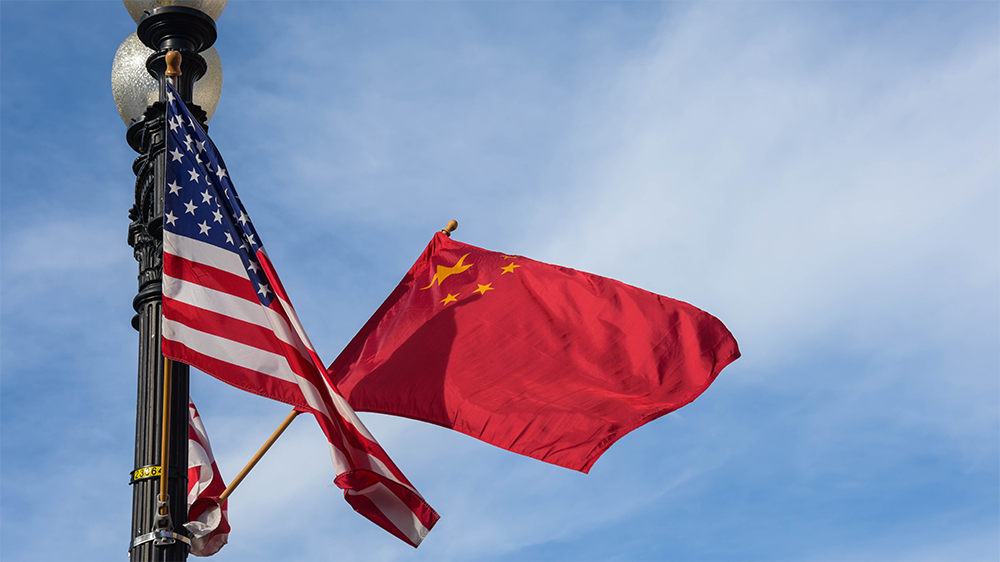
Zhai Zheng, an associate professor at Beijing Foreign Studies University (BFSU), came to the United States about 16 years ago through the Fulbright Program to teach Chinese language and culture at a university in Montana. He visited more than 20 states in the US over a month's time before returning to China.
"This experience was filled with so many pleasant memories that when I returned to China, I created and offered a course on American culture and society where I shared my understanding of the United States with hundreds of students at Beiwai (BFSU)," Zhai told an audience at a virtual discussion hosted by the Carter Center and the Intellisia Institute in Atlanta on Wednesday.
Titled "Can US-China People-to-People Exchange Stop the Dangerous Slide of the Bilateral Relationship?", the webinar invited American and Chinese scholars and activists to take stock of successful of people-to-people exchanges, review current challenges and propose ways to reboot such exchanges after four years of decline under the Trump administration.
Zhai said that while individual efforts alone can't repair the souring of the relationship, both Americans and Chinese need to understand each other not only on the institutional level but on the personal level.
"During difficulty times, it's easy to amplify the differences, values, beliefs and behaviors among the Chinese and Americans. However, there is more to unite us than divide us. We all want freedom from want and fear, face global warming and spread of the pandemic," Zhai said. "Unlike diplomacy, people-to-people engagement is more subtle, personal and down to earth and helps to achieve breakthroughs when formal channels are constrained."
Using China's Great Wall as an example, Zhai said that while it served a military defense role, it also functioned as a trading post for goods and culture between the Han Chinese in the south and Nomadic people in the north during peacetime.
"If wall-building is unavoidable, strategic trade posts must be kept intact," Zhai said. "Now more than ever, we need to create more opportunities for mutual understanding."
Maria Repnikova, a scholar of Chinese political communications and assistant professor at Georgia State University, also began her China-related study through the Fulbright Program and spent a year in Harbin. Later, she focused on China's media study and got to know many Chinese journalists from numerous news outlets.
"It taught me that the Chinese media are capable of producing impressive professional reporting, especially during the pandemic, so it's unhelpful to aggregate all the Chinese media into an overarching label of the mouthpiece of the party," Repnikova said.
She said that bilateral media relations unfortunately have been diminished, which has led to less information flow and news about each other for Chinese and American citizens.
"It also means there is a higher tendency of trusting rumors and disinformation online. It means more disinformation, more nationalism, more distrust and more fake news," she said.
Repnikova suggested that both sides make some concessions and start with a number of journalists being allowed back into each other's country. Both sides could launch a joint fellowship program on reporting about China-US relations, for Chinese and American reporters; and universities could offer journalism scholarships.
More importantly, she said, both sides need to change their perspective of each other and de-escalate tension.
Dr Jeffrey Koplan, vice-president for global health at Emory University and director of the Emory Global Health Institute in Atlanta, reviewed healthcare cooperation between the US and China since the 1830s, including collaboration programs that lasted more than 130 years until the present day through the ebb and flow of bilateral exchanges.
Koplan pointed out that from the 1980s on, the idea of linkage through exchanges and collaboration took hold. During the last nearly 40 years, the relationship flourished in many different ways.
Links were established between governmental institutions such as the Centers for Disease Control and Prevention (CDC) on the US side, and Fudan and other universities and government institutions on the Chinese side.
There has been constant evolution and growth in the public health sector, with partnerships among institutions of the two countries, Koplan said.
That has led to universities, government agencies and NGOs forming bonds and partnerships, for example, the relationship between the Atlanta-based CDC and the Beijing-based CDC has been warm and productive since it was established in 2005, he said.
Medical scientists from both countries worked together on many issues, including studies on neural tube effect, an anti-tobacco program, tuberculosis control and a joint effort to combat the Ebola virus in Africa.
"The problems faced by the Chinese population and the Chinese healthcare system are very much the same ones in the US. They include the structure of the healthcare system, access to doctors, the training of doctors and the role of nurses — all these issues are important in both countries," Koplan said.
"The health issues have been challenged and not supported well in the last four years. We have the opportunity to rekindle our friendship to work together, not to have it interfered with by those who don't understand or appreciate the advantage of our solving problems together rather than arguing with each other about politics," he said.
















